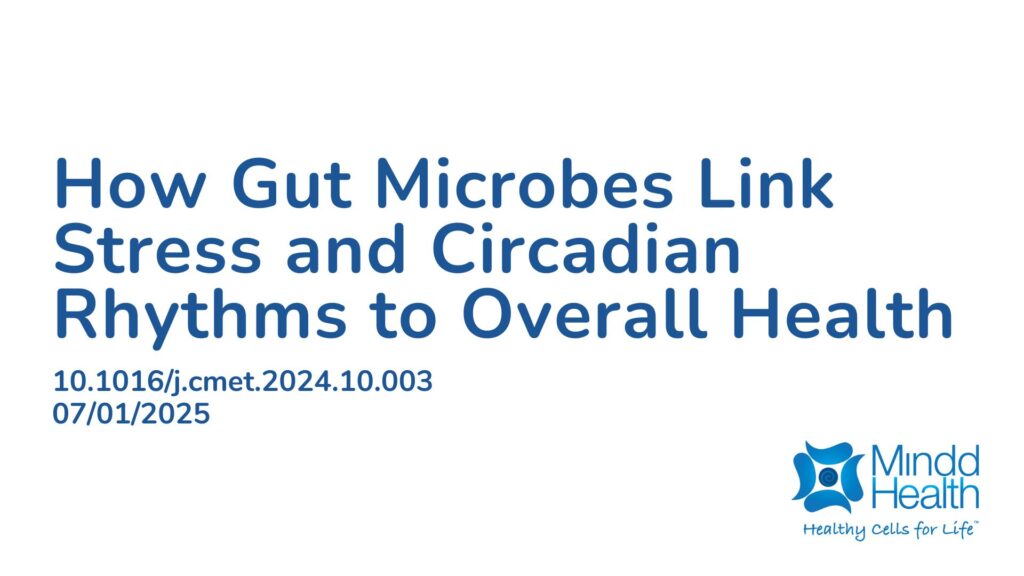Summary:
The stress and circadian systems work together as a natural adaptation to help organisms respond to environmental changes. Stress responses occur quickly in reaction to danger, while circadian rhythms prepare the body for predictable daily events. Despite their distinct roles, these systems share key pathways, such as the hypothalamic-pituitary-adrenal (HPA) axis and the autonomic nervous system. The hormone glucocorticoid, central to both systems, peaks around the sleep-wake transition and helps synchronize circadian rhythms. Stress increases glucocorticoid levels, but this response depends on the time of day. Disrupting glucocorticoid rhythms can weaken the body’s ability to manage stress. While it is known that the time of day affects stress responses, how the body integrates circadian and stress signals is not fully understood. The gut microbiota also interacts with the HPA axis, influencing brain function and behavior. Gut microbes affect stress hormone levels, and their daily cycles are crucial for maintaining health. This study investigated how the absence of a robust gut microbiota impacts the interaction between stress and circadian systems. Key findings include that microbes regulate daily glucocorticoid rhythms and influence the SCN’s circadian processes. The lack of beneficial microbes disrupts stress-related pathways in brain regions like the hippocampus and amygdala. Additionally, without sufficient and healthy gut microbes, the HPA axis becomes overactive, altering stress responses and behavior. In summary, healthy and sufficient numbers of gut microbes are essential for coordinating the stress and circadian systems, underscoring their importance in overall health.
Abstract:
Stress and circadian systems are interconnected through the hypothalamic-pituitary-adrenal (HPA) axis to maintain responses to external stimuli. Yet, the mechanisms of how such signals are orchestrated remain unknown. Here, we uncover the gut microbiota as a regulator of HPA-axis rhythmicity. Microbial depletion disturbs the brain transcriptome and metabolome in stress-responding pathways in the hippocampus and amygdala across the day. This is coupled with a dysregulation of the circadian pacemaker in the brain that results in perturbed glucocorticoid rhythmicity. The resulting hyper-activation of the HPA axis at the sleep/wake transition drives time-of-day-specific impairments of the stress response and stress-sensitive behaviors. Finally, microbiota transplantation confirmed that diurnal oscillations of gut microbes underlie altered glucocorticoid secretion and that L. reuteri is a candidate strain for such effects. Our data offer compelling evidence that the microbiota regulates stress responsiveness in a circadian manner and is necessary to respond adaptively to stressors throughout the day.
Article Publication Date: 07/01/2025
DOI: 10.1016/j.cmet.2024.10.003



